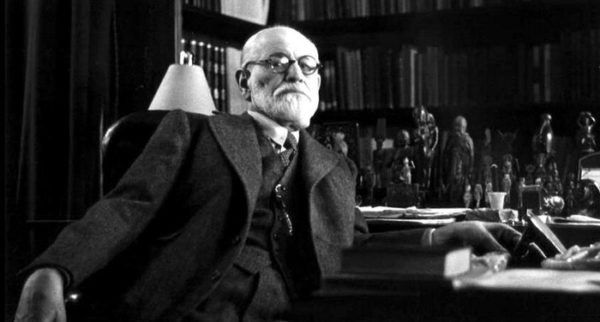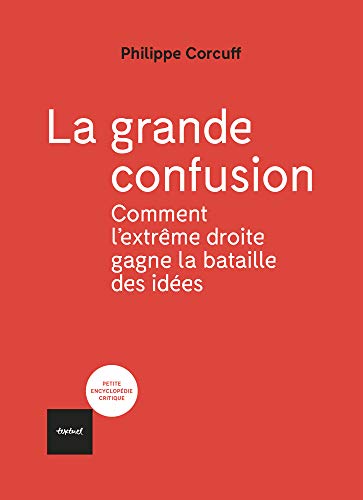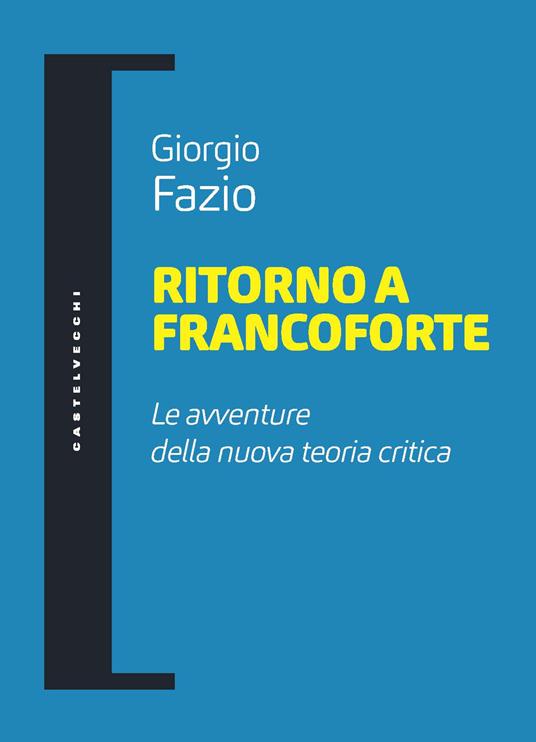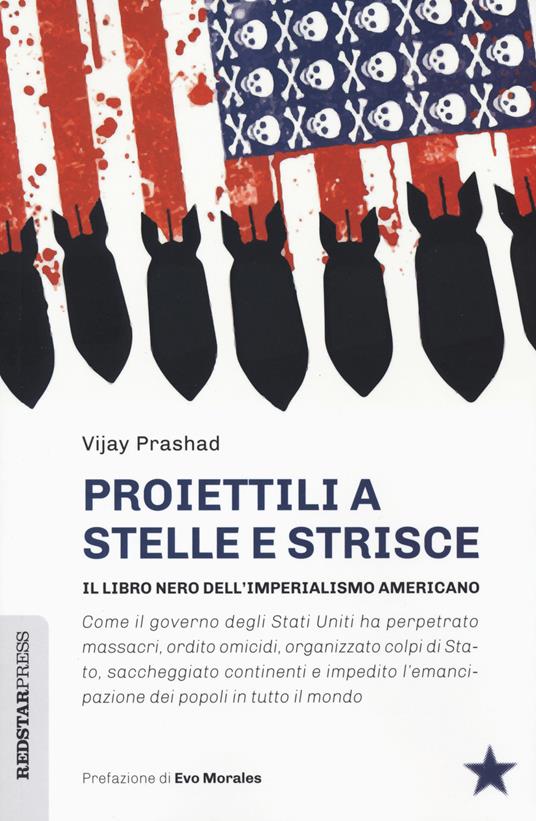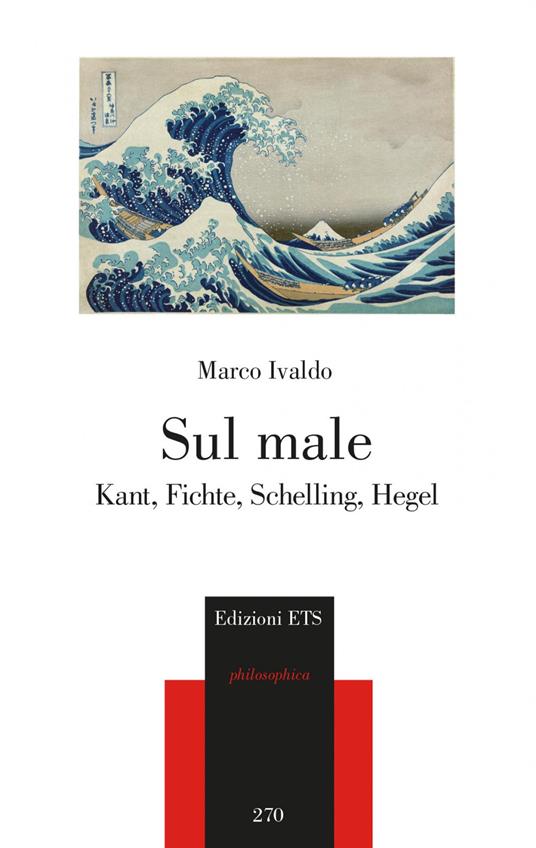Pagine
Condividi e segnala
Tag
- Althusser
- Antropologia
- Baumgarten
- Bourdieu
- Conceivability of Nothingness
- Conciliation
- corpo
- Derrida
- Dialectics
- Difference
- distinzione
- Europe
- Expression
- giudizio
- Grace
- Habitus
- Heidegger
- Hobbes
- Kant
- linguaggio
- Lyotard
- marxismo
- Medieval Aristotelianism
- Metaphysics
- Nature
- Negative
- Nichts
- nihil
- Nihilism
- nihil negativum
- nihil privativum
- Non-identical
- Nothing
- Nothingness
- onore
- politica
- postmoderno
- pratica
- riconoscimento
- Smith
- solitudine
- Sovranità
- Spinoza
- Thomas Aquinas
- Western Ontology
-
Articoli recenti
Link
Archivi categoria: NUMERO 11
Consecutio rerum 11, anno VI (1/2021-2022)
Il centenario di Psicologia delle masse e analisi dell’Io
a cura di Roberto Finelli e Luca Micaloni
Pubblicato in Copertina, NUMERO 11
Lascia un commento
Indice
Download full issue
Editoriale
ROBERTO FINELLI & LUCA MICALONI, Il centenario di Psicologia delle masse e analisi dell’Io di S. Freud. Psicoanalisi della storia o scienza della storia?
Monografica
MARCO GATTO, Masse postmoderne. Considerazioni su feticismo e dispotismo nel tempo dell’estetizzazione amministrata
ROBERTO FINELLI, Il Nome del Padre: da primo(-rdiale) finisce coll’arrivare sempre per ultimo
JENS DE VLEMINCK, Peace Through Law? Freud, Einstein, and Kelsen on the Violence of Right
ANA MELÉNDEZ, La dinámica del trauma en relación a la identidad colectiva
LEONARDO DIPRIMA, Mass Manipulation and Group Performance. Adorno’s ‘Freudian’ Theory of Fascism
MARCO SOLINAS, Il populismo come regressione.
… Continua a leggere
Pubblicato in Indice, NUMERO 11
Lascia un commento
Il centenario di Psicologia delle masse e analisi dell’Io di S. Freud. Psicoanalisi della storia o scienza della storia?
Roberto Finelli & Luca Micaloni
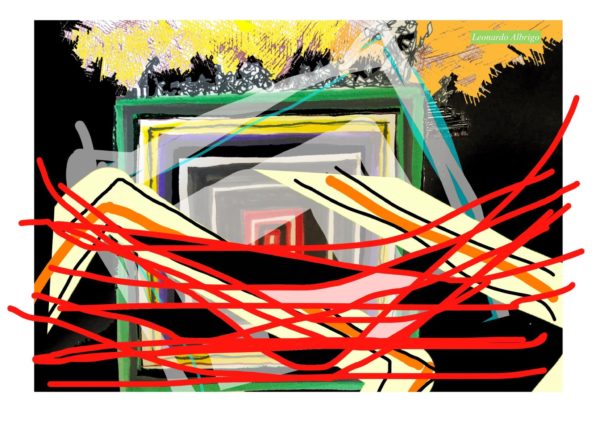
1. Lo scorso anno è caduto il centesimo anniversario di Massenpsychologie und Ich-Analyse, il testo pubblicato da Freud nel 1921 sulla psicologia collettiva e la cui composizione s’intreccia profondamente con la stesura di Al di là del principio di piacere, apparso qualche mese prima nel 1920. La nostra rivista dedica il suo numero 11, nella sezione monografica, al tema di questa ricorrenza, avendovi visto una occasione da non perdere per tornare a riflettere sulla questione del rapporto tra psicoanalisi e storia e su quella, ad essa intrinseca, della relazione tra psicologia … Continua a leggere
Pubblicato in Editoriale, NUMERO 11
Lascia un commento
Masse postmoderne. Considerazioni su feticismo e dispotismo nel tempo dell’estetizzazione amministrata
Marco Gatto
Università della Calabria (marco.gatto@unical.it)
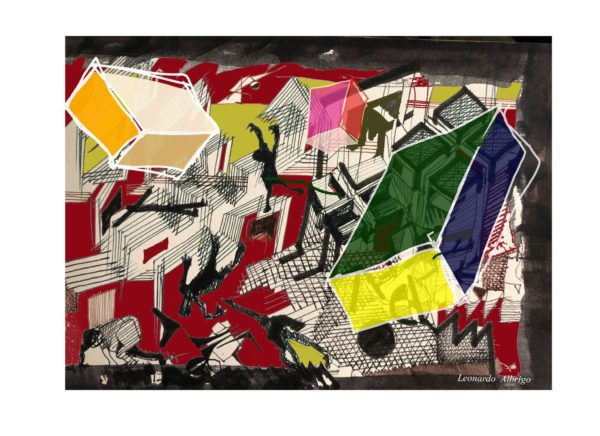
Abstract: Re-reading Freud masterwork on Mass Psychology, the article explores the transformations of some analytical categories as “mass”, “individual”, “fetish object”, with an emphasis to the contemporary Italian context and, more generally, to the turning point of late capitalism. Fetishism is seen in relation to the Aestheticization of daily life and to the process of transitional agglomeration around a temporary ideological target.
Keywords: Freud; Adorno; Fetishism; Capitalism; Aestheticization.
… Continua a leggere
Pubblicato in Monografica, NUMERO 11
Lascia un commento
Il Nome del Padre: da primo(-rdiale) finisce coll’arrivare sempre per ultimo
Roberto Finelli
Università degli Studi Roma Tre (roberto.finelli@uniroma3.it)

Abstract: The essay intends to critically examine the difficulties of the passage in Freudian thought from individual psychology to collective psychology. The basic thesis is that in the thought of the Viennese master there is too easy a projection of the first on the second. The thesis of the primitive horde and the dominant male configures, according to the author, a birth of the history and primitive socialization of human beings established on physical force alone. In this way, and in a paradoxical way for Freud’s own humanism, a magical-symbolic-cultural … Continua a leggere
Pubblicato in Monografica, NUMERO 11
Lascia un commento
Peace Through Law? Freud, Einstein, and Kelsen on the Violence of Right
Jens De Vleminck
KU Leuven – Institute of Philosophy (jens.devleminck@kuleuven.be)

Abstract: This article scrutinizes Sigmund Freud’s Why War? (1933) by taking it as the focal point to explore the Freudian conception of violence. According to Freud, violence is intrinsically connected with the constitution of right. What is at stake in Freud’s reflections is this very specific dynamic relation of violence and right, being equally important in his dispute with Albert Einstein. The debate between Freud and Einstein is problematized by confronting it with the legal philosophy of Hans Kelsen. Special attention is given to Kelsen’s critical review of … Continua a leggere
Pubblicato in Monografica, NUMERO 11
Lascia un commento
La dinámica del trauma en relación a la identidad colectiva
Ana Meléndez
Universidad de Valencia (ana.melendez@uv.es)

Abstract: This articles attempts to show how the discovery of the “death drive” is central to understand the Freudian conception of the human condition: to this drive can be attributed the source of destruction that threatens coexistence – when it goes outward – , as much as the possibility of it and a kind of pathological suffering – when it goes inward as a moral conscience. This will guide Freud not only towards a new understanding of trauma, but also towards a novel reinterpretation of social life. In his late work Freud … Continua a leggere
Pubblicato in Monografica, NUMERO 11
Lascia un commento
Mass Manipulation and Group Performance. Adorno’s ‘Freudian’ Theory of Fascism
Leonardo Diprima
Ricercatore indipendente (leonardo.diprima96@gmail.com)
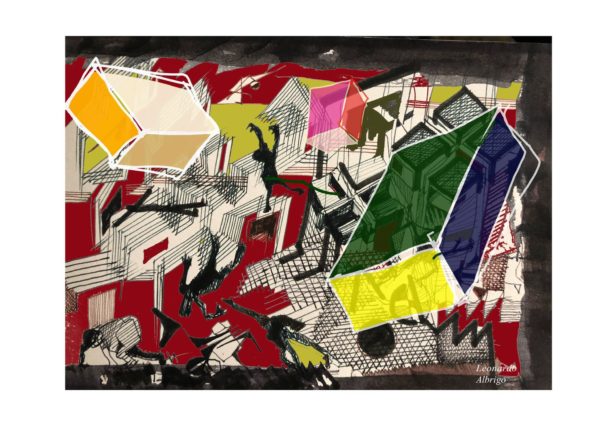
Abstract: This article provides an overview of Adorno’s adoption of Freudian group psychology in “Freudian Theory and the Pattern of Fascist Propaganda” and other works – and the application of its tenets to fascism and fascist propaganda. Adorno conceives of the latter as the artificial, instrumental activation of collective psychology for political purposes. Fascist leaders employ rhetorical techniques that are devoid of programmatic content, but that are modeled after Freudian psychology. Adorno also revisits Freudian psychology: he sticks to its central theoretical tenets but applies them to fascism against the backdrop of a … Continua a leggere
Pubblicato in Monografica, NUMERO 11
Lascia un commento
Il populismo come regressione. Sull’attualità della psicoanalisi politica di Franz Neumann
Marco Solinas
Scuola Universitaria Superiore Sant’Anna di Pisa (marco.solinas@santannapisa.it)
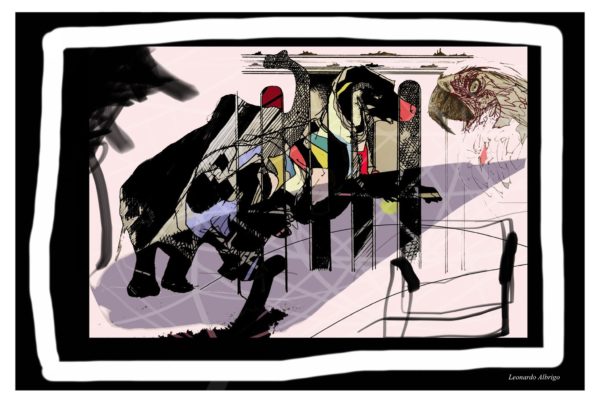
Abstract: The paper aims to give an account of the actuality of Neumann’s conception of the forms of psychological and political regression in relation to the thematization of populism. In particular, the paper aims to develop a conception of populism as regression starting form Neumann’s theoretical insights. The psychoanalytical sides of Neumann’s political theory is here analyzed starting from his essay Angst und Politik. Neumann’s conception of the forms of political anxiety in the contest of right radical political movements is developed looking at the current debate on … Continua a leggere
Pubblicato in Monografica, NUMERO 11
Lascia un commento
Ambivalent Identifications: Narcissism, Melancholia, and Sublimation
Delia Popa & Iaan Reynolds
Delia Popa: Villanova University (delia.popa@villanova.edu);
Iaan Reynolds: Villanova University (christiaan.reynolds@villanova.edu)
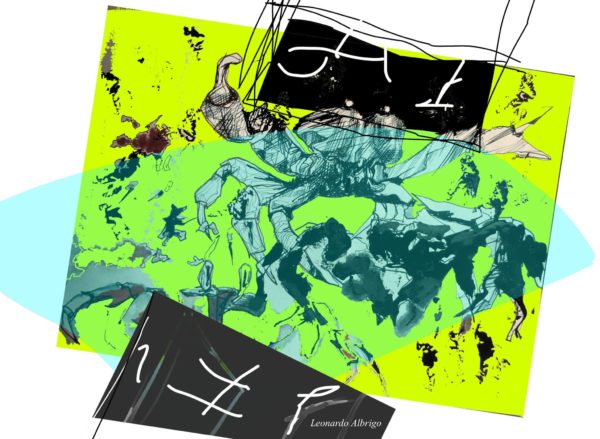
Abstract: Beginning with Freud’s treatment of identification as an ambivalent process, we explore identification’s polarization between narcissistic idealization and melancholic division. While narcissistic identification can be seen as a strategy adopted by the ego to avoid the educational development of its drives and to maintain itself either in whole or in part in an infantile state, melancholic identification activates a tension between the ego-ideal and the real ego at the expense of the latter. After discussing the ambivalence of identification, we review … Continua a leggere
Pubblicato in Monografica, NUMERO 11
Lascia un commento
L’orda primordiale tra Leviatano e ipermodernità. Le influenze antropologiche e filosofiche sulla Massenpsychologie freudiana
Luigi Verrengia
Ricercatore indipendente (verrengia.luigi7@gmail.com)
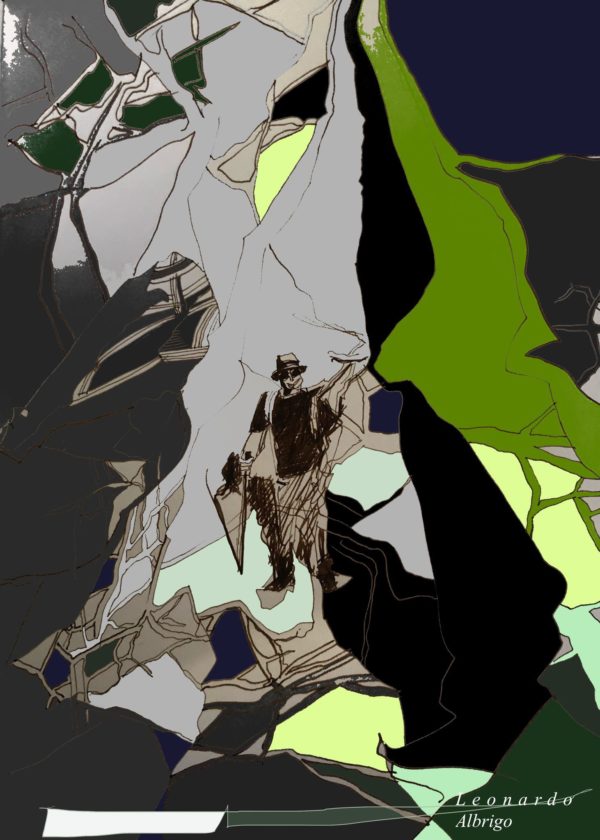
Abstract: The Primal Horde theory, first mentioned by Freud in Totem and Taboo, plays a fundamental role in his Massenpsychologie. Developed from Charles Darwin’s writings on The Descent of Man and influenced by the patriarchal theories of Atkinson and Lang, the image of the horde, regardless of its anthropological validity, can still be an excellent tool for investigating the contemporary masses. It should also be recognised, however, that Freud owes an important philosophical debt to Hobbesian philosophy: for both thinkers, society is founded on a negative ground, on the threat of … Continua a leggere
Pubblicato in Monografica, NUMERO 11
Lascia un commento
Tempo dell’urgenza, tempo del dolore, tempo del pensiero: tre volti del presente
Anna Sabatini Scalmati
sabatiniscalmati@gmail.com
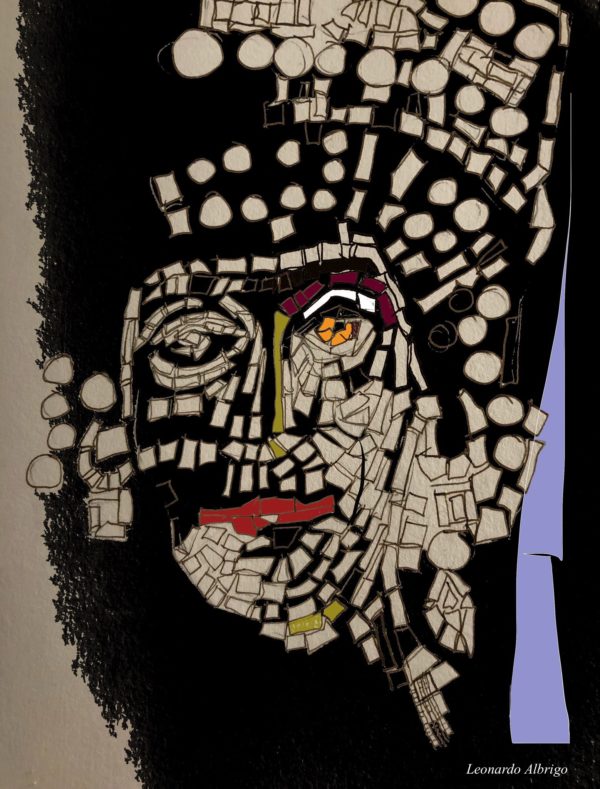
Abstract: The subject of the article is the influence of social history on the history
of the private, from the ‘discontents’ voiced by Freud to the ‘malaise’ of Kaes. Acceleration of ‘doing’ without limits which, deaf to the interdependence which links the living, leaves in the psiche fears that go beyond the threshold of thought and obscures the sphere of affections. ‘Doing’ which forces human beings, while they are afraid of the faces of their neighbours, the critical thought, blame, troubles and pain, project international space stations and new nuclear bombs. Schism between … Continua a leggere
Pubblicato in Monografica, NUMERO 11
Lascia un commento
Sacrificio a un dio oscuro. Céline dal Voyage au bout de la nuit all’antisemitismo come stato d’animo
Mario Pezzella
mario.pezzella@sns.it
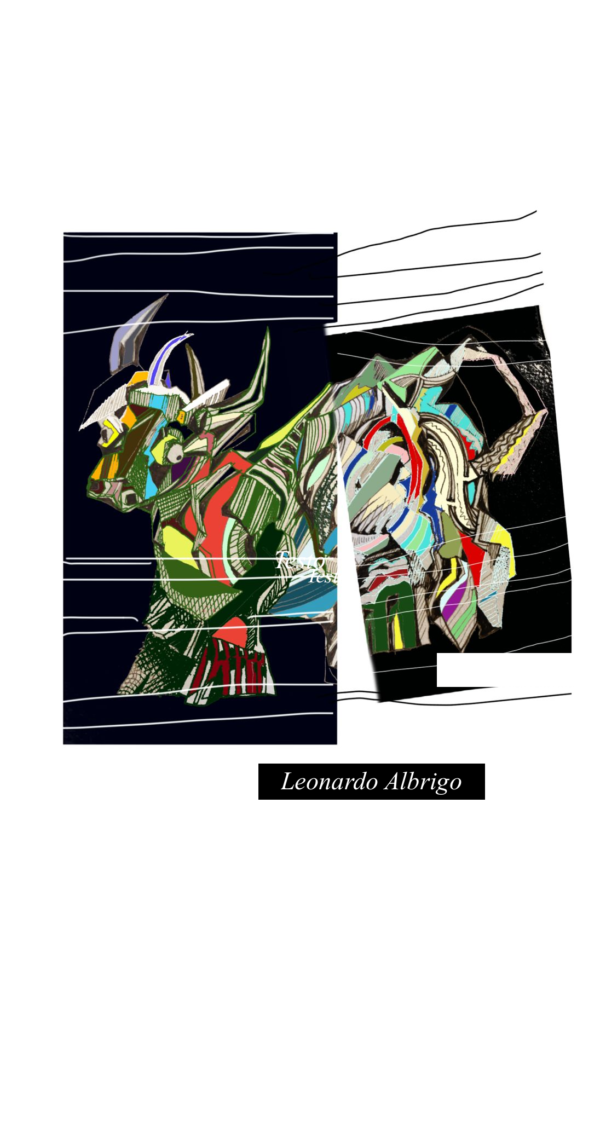
Abstract: Bagatelle for a massacre and Céline’s anti-Semitism. The first novels. Journey at the end of the night. The trauma of war, colonialism and the Fordist factory. Death on credit. The disintegration of the patriarchal family and the loss of the father figure. Orphanhood as an obsessive metaphor. The passage from nihilism as an object of description to nihilism as a self-destructive drive. The influence of Freud and Beyond the pleasure principle. Céline as a mirror of the collective unconscious and of the affective tone of fascism. Psychological reasons for anti-Semitism. The … Continua a leggere
Pubblicato in NUMERO 11, Varia
Lascia un commento
Habitus, monade e armonia. Alcuni nodi leibniziani nel pensiero di Pierre Bourdieu
Miriam Aiello
Università degli Studi Roma Tre (aiello.mir@gmail.com)
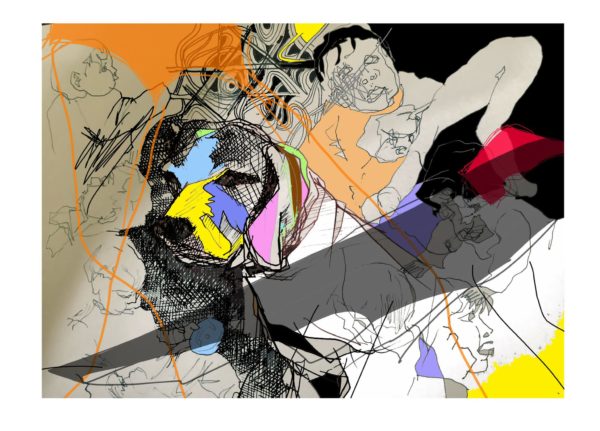
Abstract: The article is a contribution to the analysis of some of the many Lebnizian themes that have contributed to animate and shape the structure of Pierre Bourdieu’s social theory. In particular, the article examines some elements of contact and affinity between the Bourdieusian concept of habitus and the Leibnizian concept of monad, as well as between the system of the correspondence between first- and second-order objectivity developed by Bourdieu and the model of harmony theorised by Leibniz.
Keywords: Bourdieu; Leibniz; Habitus; Monad; Harmony.
… Continua a leggere
Pubblicato in NUMERO 11, Varia
Lascia un commento
Il circolo dell’ascesi. Per una dialettica del valore d’uso come bisogno generico
Roberto Gerace
Università di Pisa (roberto.gerace@phd.unipi.it)
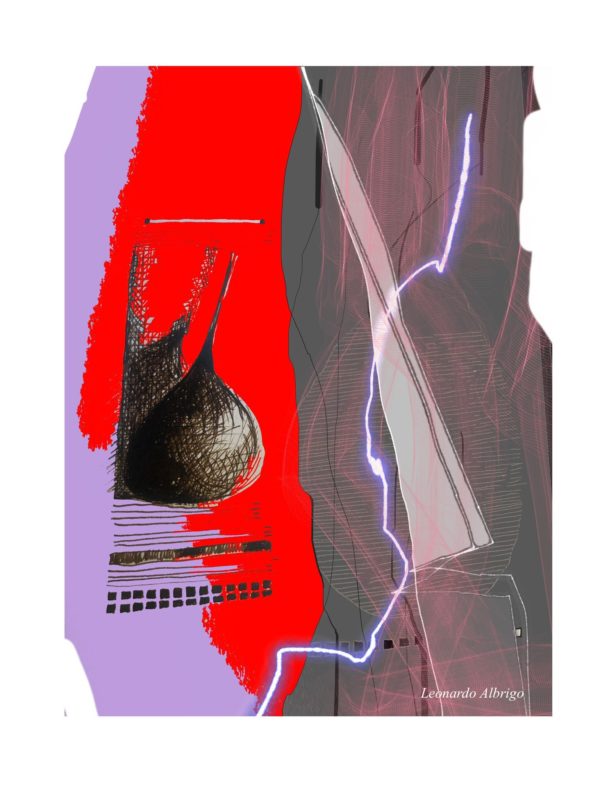
Abstract: The essay proposes to extend the paradigm of Real Abstraction to the sphere of the Theory of Need. Previous studies have dealt with needs in a Marxist key (Heller, Keucheyan), attempting to define how to recognize which ones are authentic. Nevertheless, they haven’t got rid of the antinomy between luxury and frugality, which the same Marx in the 1844 Manuscripts considered typical of bourgeois economists. Taking suggestions from the pages on Needs, Production, and the Division of Labor, this paper aims to define use value as general need: to work … Continua a leggere
Pubblicato in NUMERO 11, Varia
Lascia un commento
Ucraina: il bambino conteso
Anna Maria Sassone
annamaria.sassone@gmail.com

Abstract: The author, drawing on her own experience as a psychoanalyst, focuses in a few lines on the dynamics peculiar to all conflicts, both personal and collective. She assumes a reading in which the internal and external worlds reflect each other, just as the universal reflects the personal. Wars, all wars, starting with the war in Ukraine, should be approached in the same way as a child disputed by parental ‘superpowers’, by considering and understanding the reasons of all the parties involved in order to avoid any form of totalitarian Manichaeism. Children caught … Continua a leggere
Pubblicato in NUMERO 11, Varia
Lascia un commento
Verso l’affermazione di un bricolage confusionista? Note su La grande confusion. Comment l’extrême droite gagne la bataille des idées
Andrea Girometti
Dottore di ricerca presso il DESP – Università degli Studi di Urbino “Carlo Bo”
Pubblicato in NUMERO 11, Recensioni e segnalazioni
Lascia un commento
Recensione a Andrea Marchili, Aspettando i barbari. Democrazia e crisi della società nella Francia dell’Ottocento (Mimesis Edizioni, 2021)
Eugenia Gaia Esposito
DISP – Sapienza Università di Roma (eugeniagaia.esposito@uniroma1.it)
Pubblicato in NUMERO 11, Recensioni e segnalazioni
Lascia un commento
Recensione a Giorgio Fazio, Ritorno a Francoforte. Le avventure della nuova teoria critica (Castelvecchi, Roma 2020)
Andrea Di Lorenzo
DSPS – Università degli Studi Firenze (andreadilorenzo1@live.it)
Pubblicato in NUMERO 11, Recensioni e segnalazioni
Lascia un commento
Recensione a Vijay Prashad, Proiettili a stelle e strisce. Il libro nero dell’imperialismo americano (Red Star Press, 2021)
Valerio Spositi
Università degli Studi Roma Tre (valerio.spositi@uniroma3.it)
Pubblicato in NUMERO 11, Recensioni e segnalazioni
Lascia un commento
Recensione a Marco Ivaldo, Sul male. Kant, Fichte, Schelling, Hegel (ETS, 2021)
Ilaria Ferrara
I.I.S.F. Istituto Italiano per gli Studi Filosofici, Napoli
Pubblicato in NUMERO 11, Recensioni e segnalazioni
Lascia un commento

